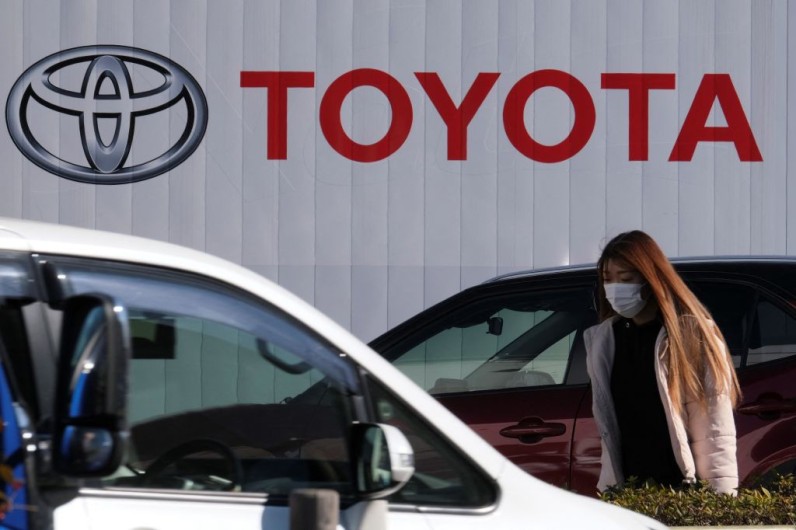
At a Tokyo news conference covered by AP News, Toyota unveiled its groundbreaking lean compact engine. This innovative engine, which runs on a combination of hydrogen and bioethanol, is poised to offer a compelling alternative to fully electric vehicles in the face of the automotive industry's shift towards Battery Electric Vehicles (BEVs) and hybrids.
CEO Koji Sato reaffirmed that Toyota is still committed to the electrification era. However, the new engine will instead promote carbon neutrality, with future hybrids set to prioritize electric motors while the new engine supports their operation.
Toyota's domestic partners, Mazda and Subaru, also showcased their ecological engine adaptations at the conference. This collective effort underscores the industry's commitment to meeting stringent emissions standards, navigating the competitive EV market, and addressing the economic realities of Japan's automotive sector.
Despite the growing interest in BEVs for emissions reduction, experts emphasize the continued importance of diversified transportation solutions and the challenges inherent in achieving global carbon neutrality.
Comparison vs. EVs
While electric vehicles represent a significant push towards reducing emissions, Toyota's approach introduces a diversified approach to transportation solutions, acknowledging the limitations and challenges associated with mass-producing EVs, such as the environmental impact of lithium-ion battery production.
This addresses emissions reduction and offers solutions tailored to meet diverse customer needs and global energy supply conditions.
No further details have been shared yet, but experts hope that Toyota hybrids will still be safer, unlike a recent recall VCPost reported.







Join the Conversation